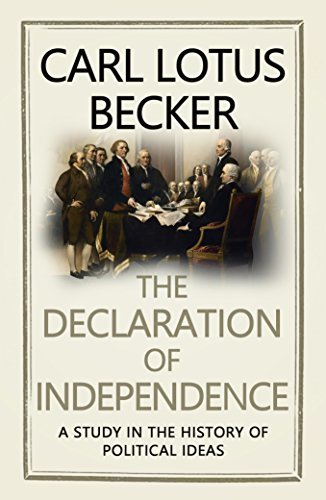What do you think?
Rate this book


149 pages, Kindle Edition
First published July 1, 1776
When in the Course of human events, it becomes necessary for one people to dissolve the political bands which have connected them with another, and to assume among the powers of the earth, the separate and equal station to which the Laws of Nature and of Nature's God entitle them, a decent respect to the opinions of mankind requires that they should declare the causes which impel them to the separation.Take note of the richness, the complexity of the language. The elegance of the style. The sophistication of the philosophical assumptions. Pause, for a few seconds, and consider the phrase “a decent respect to the opinions of mankind.”
Prudence, indeed, will dictate that Governments long established should not be changed for light and transient causes; and accordingly all experience hath shewn that mankind are more disposed to suffer, while evils are sufferable than to right themselves by abolishing the forms to which they are accustomed. But when a long train of abuses and usurpations, pursuing invariably the same Object evinces a design to reduce them under absolute Despotism, it is their right, it is their duty, to throw off such Government, and to provide new Guards for their future security.It is time to dry our tears, and our childrens’ tears. To seek enlightenment concerning our rights and duties. And to continue to catalog the lengthening train of abuses and usurpations.